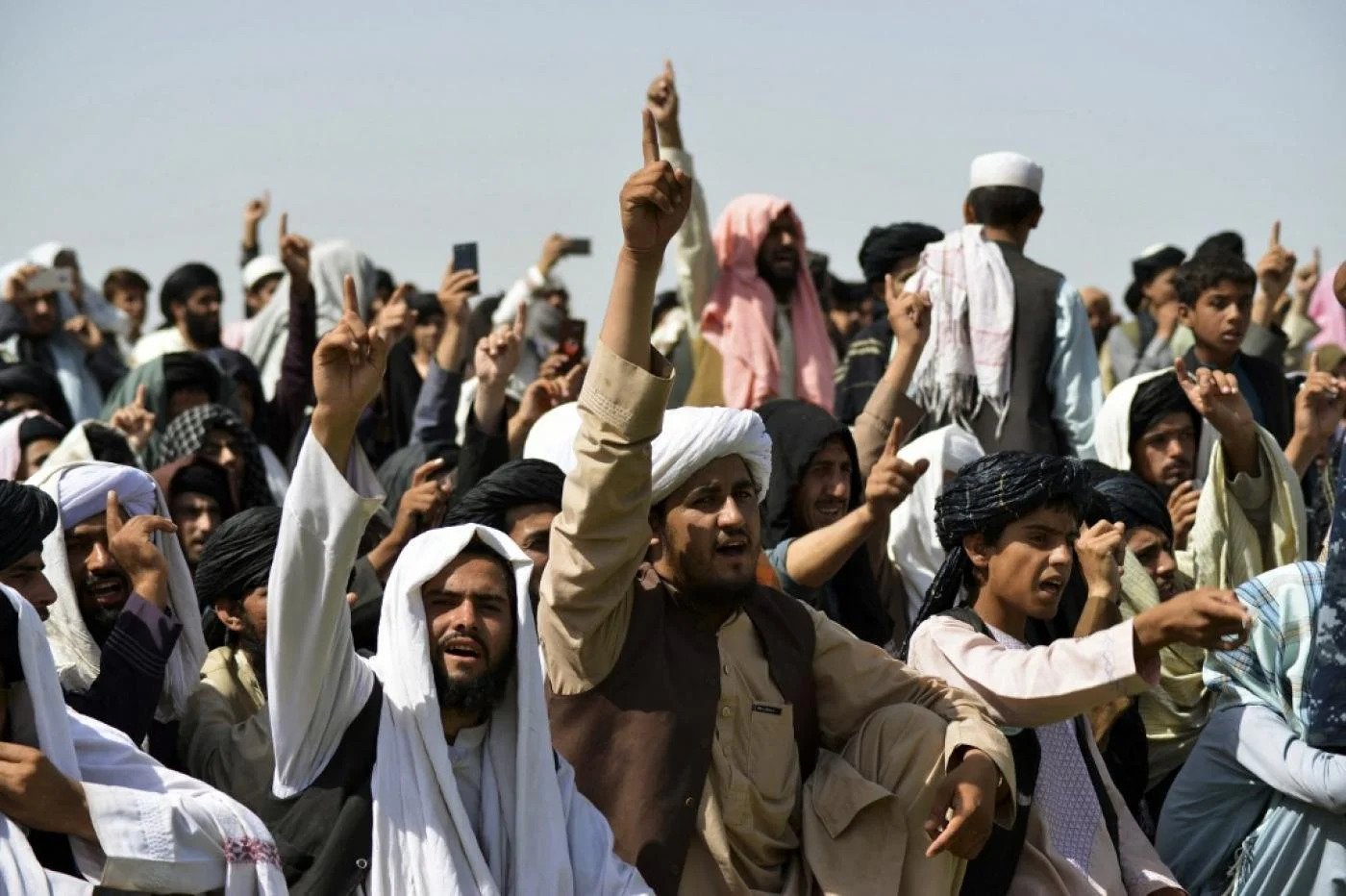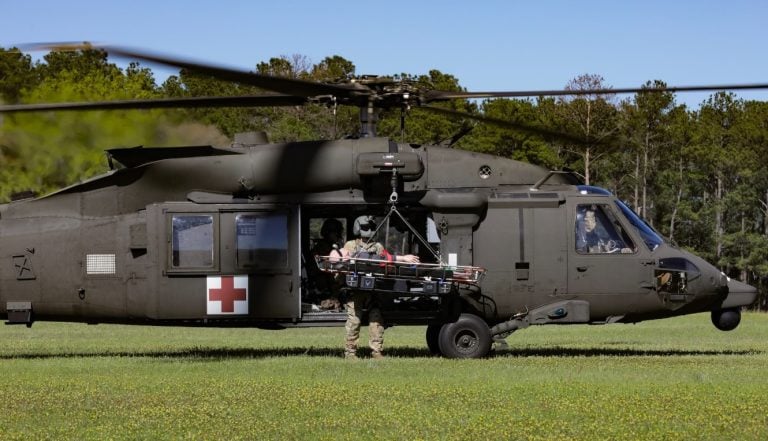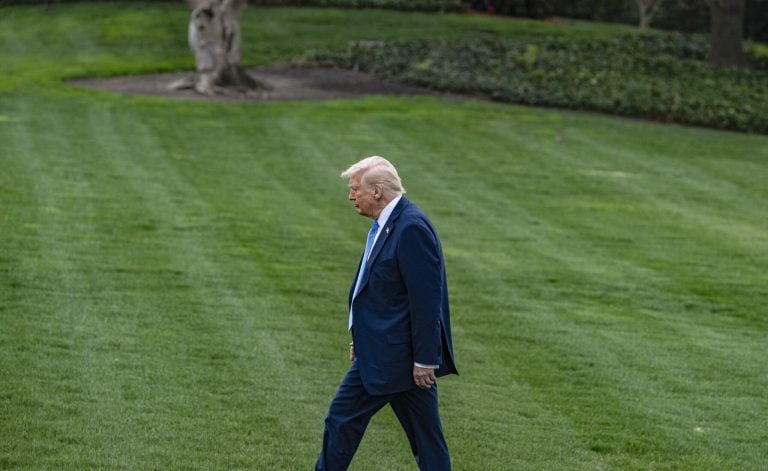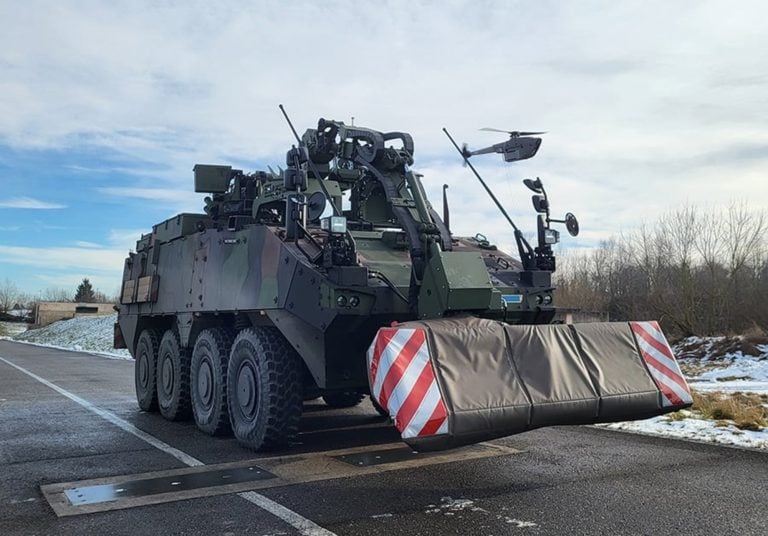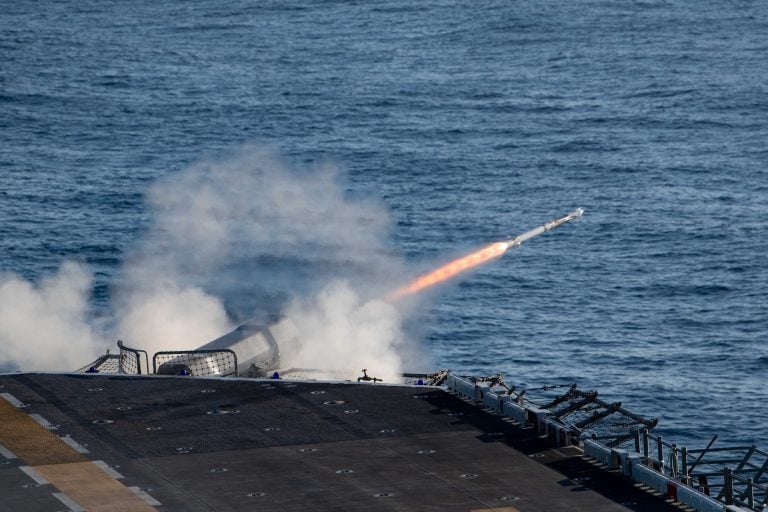In a significant development, Pakistan and Afghanistan have reached an agreement for an “immediate ceasefire” following intense clashes at their border that have escalated since the Taliban’s return to power in 2021. This agreement comes in the wake of recent Pakistani airstrikes that reportedly killed at least 10 Afghan civilians, breaking a previously established truce.
The two nations have endured over a week of severe conflict, described as the worst they have faced in years, with casualties mounting among both military personnel and civilians. A temporary 48-hour ceasefire had briefly quelled hostilities but was disrupted by Friday’s airstrikes, which prompted discussions in Doha.
After a round of peace talks facilitated by Qatar, officials from both countries announced the ceasefire early Sunday. The Qatari foreign ministry released a statement confirming that both parties have agreed to not only establish a ceasefire but also to develop mechanisms aimed at ensuring lasting peace and stability between them. Follow-up meetings are anticipated in the coming days to solidify the terms of the truce.
Pakistan’s Defense Minister Khawaja Asif endorsed the ceasefire agreement and mentioned that negotiations would continue, with the next round of talks scheduled for Istanbul on October 25. He emphasized that terrorism originating from Afghanistan, particularly attacks carried out by the Tehreek-e-Taliban Pakistan (TTP), will be addressed and curtailed. His social media post reflected a commitment from both nations to respect each other’s sovereignty.
Afghan spokesperson Zabihullah Mujahid also acknowledged the agreement on social media, insisting that both nations would refrain from any hostile acts towards one another or support groups that threaten Pakistan’s stability. Images shared online showed the defense ministers of both countries shaking hands post-agreement, symbolizing a newfound detente.
The underlying issues of security and militant activity were central to the recent clashes, especially given the surge in attacks within Pakistan since the Taliban’s ascension. Analysts suggest that the Taliban’s victory and the subsequent U.S. military withdrawal in 2021 have invigorated various Islamist factions in the region. Pakistan has consistently accused Afghanistan of harboring elements of the TTP, a claim that the Taliban government continues to contest.
The renewed violence began on October 11, shortly after Kabul was rocked by explosions during a visit from the Taliban’s foreign minister to India, which is often viewed as Pakistan’s chief rival. Subsequently, the Taliban’s military response against Pakistan intensified, prompting Islamabad to announce a robust counteraction.
Prior to the Doha talks, a Taliban official outlined how Pakistan’s airstrikes had impacted several areas in Paktika province, warning Afghanistan could retaliate. Reports from Paktika indicated that among the casualties were 10 civilians, including children and young cricket players. Following the talks, Mujahid stated that their forces had been ordered to maintain restraint to uphold the integrity of the negotiations.
While assurances have been made regarding the cessation of hostilities, local perspectives reflect lingering apprehensions. Saadullah Torjan, a minister in Spin Boldak, remarked that although the situation is stabilizing, a sense of wariness persists among the populace.
